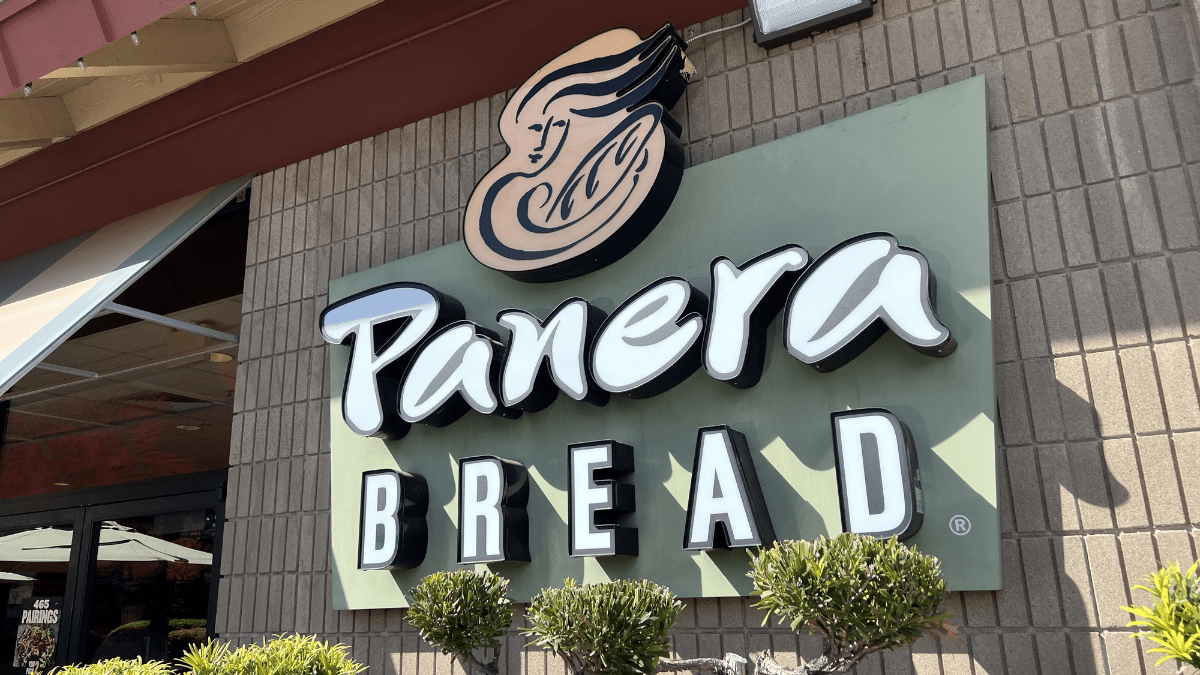When most people think of Panera Bread, they likely conjure images of broccoli cheddar soup, greek salads, phenomenal bagels, and a variety of drinks that all feel healthier than other fast-food options. The restaurant offers great eats without long waits, but a lack of transparency regarding a recent menu addition has left one family heartbroken over the loss of their daughter.
When Sarah Katz, a student at the University of Pennsylvania, went to her local Panera in September of 2022, she ordered a Charged Lemonade, and within hours, passed away. A year later, her family is attempting to ensure that no one else has to experience the pain of losing a loved one the same way they did. Why exactly are they suing Panera, and what should those who frequent the restaurant know about the Charged Lemonade? Let’s take a look.
Who is suing Panera Bread, and why?
Statements from various court documents show that the Katz family’s decision to sue Panera for the wrongful death of their daughter has been a long time coming. The New York Times shared that Katz went into cardiac arrest after having the Charged Lemonade at Panera and had a second episode at the hospital, after which she was pronounced dead. Katz’s official cause of death was listed as a cardiac arrhythmia caused by long QT syndrome, as reported by the publication.
Katz’s family filed the complaint on Monday with the Philadelphia Court of Common Pleas. It’s noted that Katz was very careful with everything she drank after being diagnosed with long QT syndrome, never drinking energy drinks, as encouraged by her doctor, since they were a risk to her health. NBC shared this statement from Panera Bread following the news of Katz’s death:
“We were very saddened to learn this morning about the tragic passing of Sarah Katz, and our hearts go out to her family. At Panera, we strongly believe in transparency around our ingredients. We will work quickly to thoroughly investigate this matter.”
As the Katz family’s lawsuit mentions, a large Charged Lemonade contains more caffeine than a Red Bull and Monster energy drink combined. Healthy adults can safely consume up to 400 milligrams of caffeine daily, and the Charged Lemonade at Panera contains 390 mg in 30 oz of liquid. That might not seem like too much since it falls in the “safe” range, but each restaurant mixes the drinks in-house, meaning certain mixtures can fall outside of that range. It’s also important to note that these limits are set with healthy individuals in mind as opposed to those with heart problems, diabetes, and other health issues. Additionally, the free-refill option at Panera encourages guests to consume more than one drink per sitting, making drinks like the Charged Lemonade potentially unsafe if consumed in large quantities.
One might assume that such a highly-caffeinated beverage would come with appropriate signage to alert customers about unhealthy consumption, but according to the Katz family, their Panera posted no such warning. The Charged Lemonade is reportedly “offered side-by-side with all of Panera’s non-caffeinated and/or less caffeinated drinks” and is billed as a clean and plant-based drink.
What is Long QT Type 1 Syndrome?
Long QT syndrome affects the heart in a variety of ways, and the causes of it can vary from person to person. Some are diagnosed with the disease early while others are diagnosed later in life. The Mayo Clinic describes the heart disorder as follows:
“Long QT syndrome (LQTS) is a heart-signaling disorder that can cause fast, chaotic heartbeats (arrhythmias). A heart signaling disorder is also called a heart conduction disorder. Some people are born with altered DNA that causes long QT syndrome (congenital long QT syndrome). Long QT syndrome may also occur later in life (acquired long QT syndrome) as the result of some medical conditions, certain drugs, or mineral imbalances.”
While an arrhythmia was deemed the official cause of Katz’s death, her family believes that the Charged Lemonade heavily contributed to her passing. Despite her death being the only known one the drink may have catalyzed, she is not the only Panera customer to experience odd symptoms after consuming it. Other adults who consider themselves “healthy” have noted alarming aftereffects, from feeling faint at school to being unable to sleep to feeling “off” in general.
Even dietitians are concerned about the beverage and its effects on Panera visitors.
We’re sending our thoughts to the Katz family as they move forward in the legal process.
